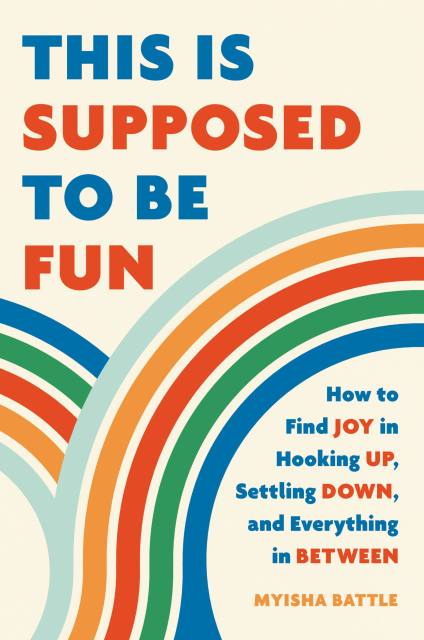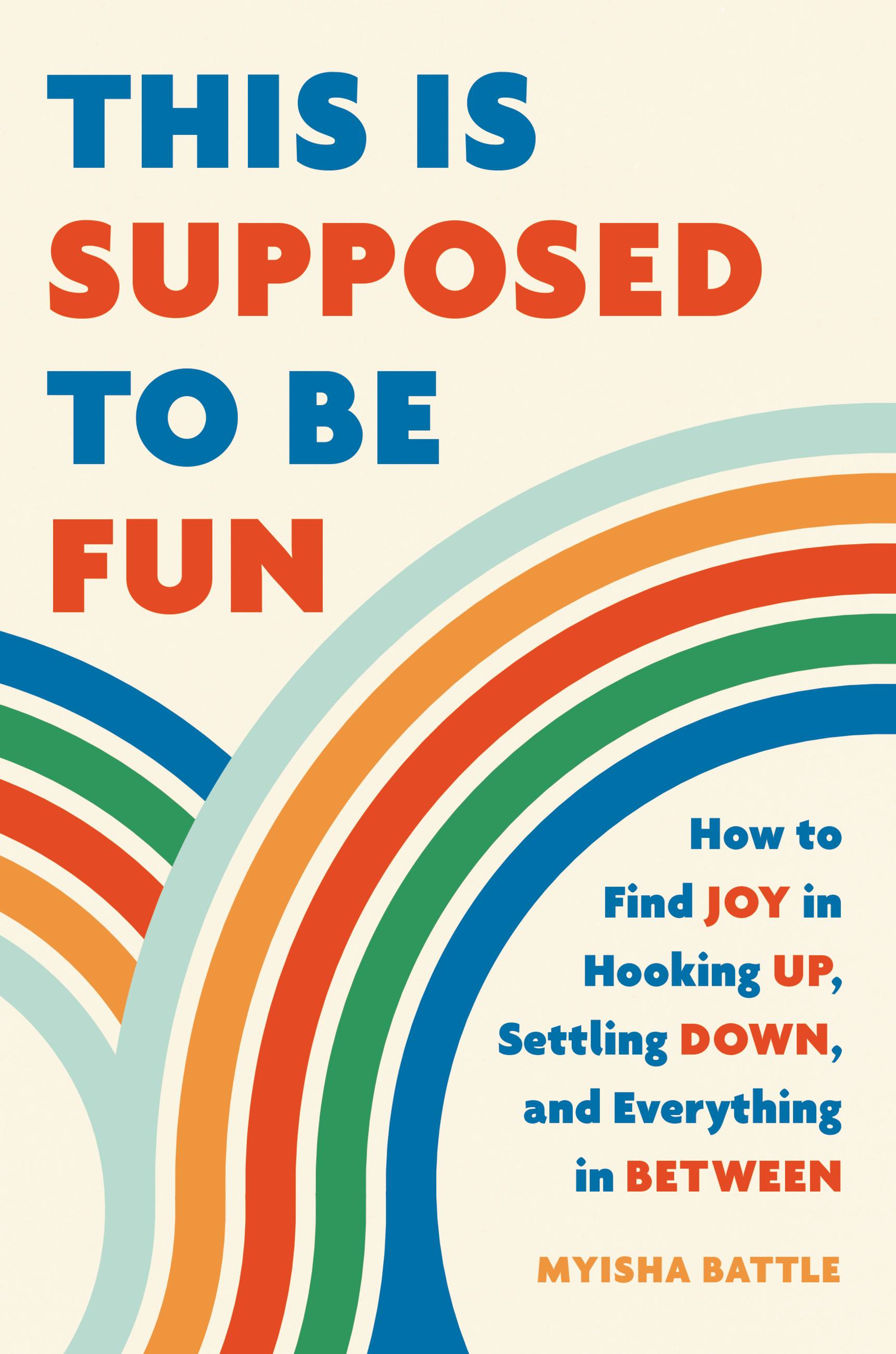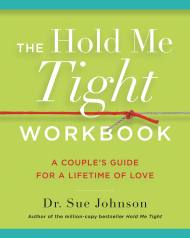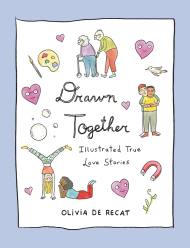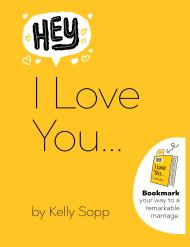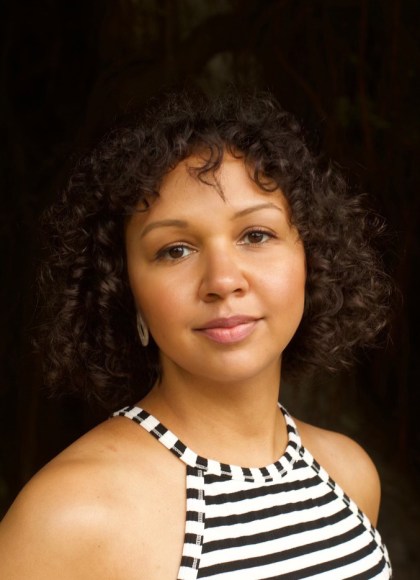Promotion
Use code MOM24 for 20% off site wide + free shipping over $45
This Is Supposed to Be Fun
How to Find Joy in Hooking Up, Settling Down, and Everything in Between
Contributors
Formats and Prices
Price
$28.00Price
$35.00 CADFormat
Format:
- Hardcover $28.00 $35.00 CAD
- ebook $16.99 $21.99 CAD
- Audiobook Download (Unabridged) $24.99
This item is a preorder. Your payment method will be charged immediately, and the product is expected to ship on or around January 24, 2023. This date is subject to change due to shipping delays beyond our control.
Also available from:
A certified clinical sexologist’s radically inclusive guide to sex and dating
Swipe. Match. Get ghosted. Repeat. Modern dating can quickly start to feel like an overwhelming slog. It’s easy to forget the point of it all: this is supposed to be fun. Enter professional sex and dating coach Myisha Battle. Drawing on an engaging and diverse collection of client stories, This Is Supposed to Be Fun is a uniquely inclusive, sex-positive guide to help you skip past the games and get what you really want out of dating and relationships—no matter what that may be. Whether you’re trying to create the perfectly imperfect dating profile, stay true to your authentic self on dates, match with people interested in kink, or break up with compassion, Battle’s friendly, proven advice is indispensable. This Is Supposed to Be Fun will help make the world of dating and relationships more enjoyable (and bearable!) for everyone.
Genre:
-
"In a world full of one-size-fits-all sex and dating advice, This Is Supposed to Be Fun is a refreshing guide to understanding, celebrating, and challenging your unique needs and desires. Whether you're on all the apps or just looking to be in a sexier relationship with yourself, this book cuts through the complexity without ever flattening into stereotypes. It's a pleasure!"Ann Friedman, New York Times bestselling co-author of Big Friendship
-
“It’s hard to stick out in the deluge of dating books that exist in the world promising to help you find ‘the one,’ but This Is Supposed to Be Fun does just that. Full of practical advice and prompts that encourage readers to get to the heart of their most authentic desires, Myisha Battle offers advice that’s informative, realistic, and, most importantly, fun. This Is Supposed to Be Fun includes an in-depth analysis of how identity—especially race and gender—impacts your experience with dating, which is a welcome perspective shift given that most accepted dating wisdom merely suggests that the problem is you. I found myself not only enjoying the book, but listing in my head all the friends I must send it to.”Samhita Mukhopadhyay, former Executive Editor of Teen Vogue
-
“Myisha Battle brings deep compassion, true sex-positivity and respect for the role of pleasure-filled growth in the increasingly automated search for love and partnership. In this engaging and wonderfully-written guide to dating and relationship-building you'll find everything: a discussion of sexual values and compatibility, real talk about diversity issues and dating racism, and you’ll learn how to extract the positive messages within rejection (and how to do no harm when you have to reject someone else). If you've regarded dating more as torment than as a personal-growth activity, you must pick up this book.”Carol Queen PhD, Good Vibrations Staff Sexologist
-
“This Is Supposed to Be Fun offers the first comprehensive how-to guide for dating in the digital age, a time when the prospect of putting oneself out there can be daunting if not downright scary. Myisha Battle puts control back in the hands of daters, teaching them to think about what they want and how to get it, and how to become more connected to each other by first connecting deeply with themselves. There is no subject that goes unexamined, from flirting to ghosting and everything in between the sheets. This thoughtful, humane book reminds me, in a good way, of the sex positive guides I snuck off my parents’ shelves in the 1970s, but This Is Supposed to Be Fun addresses the sea change that has happened in the ensuing fifty years. Battle is an insightful voice of reason for those who feel lost in the wilderness of modern dating.”Nancy Jo Sales, author of Nothing Personal
- On Sale
- Jan 24, 2023
- Page Count
- 288 pages
- Publisher
- Seal Press
- ISBN-13
- 9781541602212
